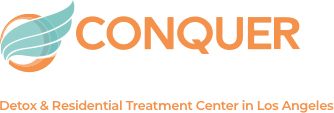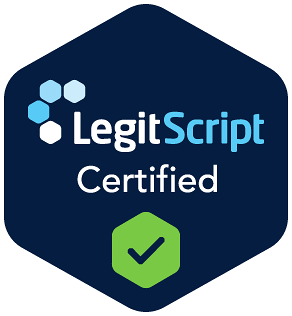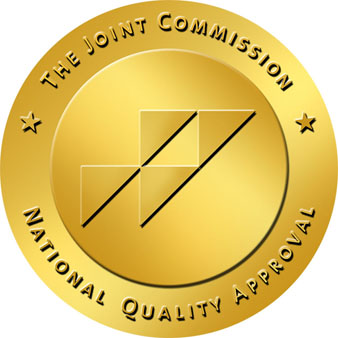
Sobriety is a deeply personal journey, but it’s not one that anyone should have to take alone. One of the most crucial, yet often overlooked, elements of long-term recovery is community. Research and countless personal stories reveal that individuals who engage with strong, supportive networks are far more likely to maintain their sobriety and live fulfilling, substance-free lives. At Conquered Recovery, we place a heavy emphasis on community as a pillar of our approach because we believe that lasting recovery is built on connection.
Why Community Matters in Recovery:
- Addiction thrives in isolation. Many people struggling with substance use feel a profound sense of loneliness, shame, or guilt that can make it difficult to reach out for help. But in recovery, the opposite is true—connection is a vital component. Community provides accountability, encouragement, and a sense of belonging that can motivate individuals to stay on track. In recovery, having people who understand your journey, share similar struggles, and celebrate your progress can make all the difference.
- Key benefits of community support:
- Accountability – Regular check-ins from peers and mentors help maintain focus on sobriety.
- Emotional Support – Others who understand your experiences can offer comfort and encouragement during challenging moments.
- Shared Wisdom – Learning from those who have successfully navigated their own recovery can offer valuable insight and strategies.
- Reduced Isolation – Being part of a community reminds individuals they are not alone in their struggles.
Types of Community Support in Sobriety:
- Support Groups:
- Support groups, such as Alcoholics Anonymous (AA) or Narcotics Anonymous (NA), have long been recognized as a cornerstone of recovery. These groups create a safe space for individuals to share their stories, struggles, and successes with others who are on the same journey. The power of shared experience in these groups can’t be understated—it’s here that many find hope and strength through mutual understanding.
- Key aspects: Peer-led meetings, structured 12-step programs, shared responsibility, regular meetings.
- Support groups, such as Alcoholics Anonymous (AA) or Narcotics Anonymous (NA), have long been recognized as a cornerstone of recovery. These groups create a safe space for individuals to share their stories, struggles, and successes with others who are on the same journey. The power of shared experience in these groups can’t be understated—it’s here that many find hope and strength through mutual understanding.
- Family and Friends:
- For many people in recovery, family and close friends play an essential role in their support network. Having loved ones who believe in your recovery and are there to offer encouragement can greatly enhance the healing process. However, it’s equally important for family members to be educated about addiction and recovery so they can provide support that is both helpful and compassionate.
- Key aspects: Open communication, family therapy, boundary-setting, and education on addiction.
- For many people in recovery, family and close friends play an essential role in their support network. Having loved ones who believe in your recovery and are there to offer encouragement can greatly enhance the healing process. However, it’s equally important for family members to be educated about addiction and recovery so they can provide support that is both helpful and compassionate.
- Sober Living Communities:
- Sober living environments offer a unique type of support for individuals in the early stages of recovery. These communities provide a structured, substance-free setting where residents can live together and build healthy habits. The camaraderie and accountability fostered in sober living homes help ease the transition from treatment back to everyday life while reducing the risk of relapse.
- Key aspects: Structured living environment, peer support, house rules (curfews, chores), and professional guidance.
- Sober living environments offer a unique type of support for individuals in the early stages of recovery. These communities provide a structured, substance-free setting where residents can live together and build healthy habits. The camaraderie and accountability fostered in sober living homes help ease the transition from treatment back to everyday life while reducing the risk of relapse.
- Online Communities:
- In today’s digital world, recovery communities have expanded to include a wide array of online support groups and forums. These virtual spaces can be particularly helpful for individuals who may not have access to in-person support due to geographic, health, or personal reasons. Online communities provide the same benefits of accountability and emotional support, often with the added convenience of anonymity.
- Key aspects: Virtual meetings, forums, social media groups, and instant access to a supportive network.
- In today’s digital world, recovery communities have expanded to include a wide array of online support groups and forums. These virtual spaces can be particularly helpful for individuals who may not have access to in-person support due to geographic, health, or personal reasons. Online communities provide the same benefits of accountability and emotional support, often with the added convenience of anonymity.
How Conquered Recovery Incorporates Community: At Conquered Recovery, we believe that a sense of belonging is key to thriving in sobriety. From the moment a client enters our program, we encourage them to engage with both their peers and our staff. Group therapy, workshops, and peer-led discussions foster an environment of trust and solidarity, where clients can feel empowered to share their stories and lean on one another. Additionally, our alumni network ensures that this sense of community extends far beyond the initial treatment phase, offering ongoing support for years to come.
Recovery is not a solitary path, and the power of community cannot be overstated in the pursuit of long-term sobriety. Whether through formal support groups, family, or online communities, the connections formed during recovery provide invaluable strength, accountability, and hope. At Conquered Recovery, we are proud to offer a community of support that goes far beyond treatment, empowering individuals to live meaningful, substance-free lives surrounded by people who understand and uplift them. Give us a call today to get started!




